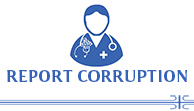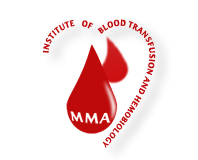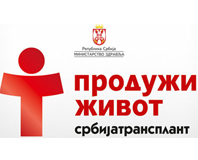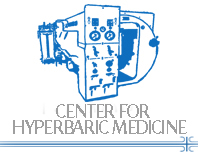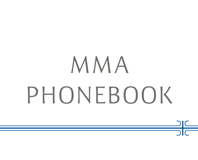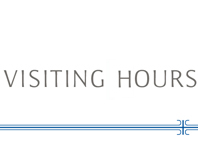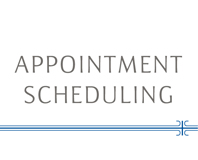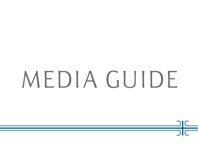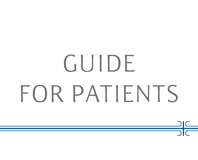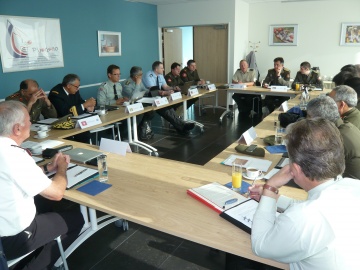
Participation of MMA’s experts in international activities
14. 05. 2011
As member of the delegation of Military Health Sector of Serbian Ministry of Defense, Colonel Professor Dr Marijan Novaković, Chief of Military Medical Academy took part in the session of International Working Group (IWG) of the International Committee of Military Medicine (ICMM), which was held in QUIN ASTRID military hospital in Brussels, in the period from May 10 – 12, 2011.
Session was attended by representatives of 12 countries (People’s Republic of China, Cyprus, Germany, Malaysia, Mali, the Netherlands, Kingdom of Norway, Russian Federation, Saudi Arabia, Nicaragua, Tunisia and Serbia), and meetings were chaired by Secretary General of the International Committee of Military Medicine, Dr Jacques Sanabria.
A very wide array of issues which among other things referred to preparations for the ICMM Congress and intensification of cooperation and more active participation of ICMM member-countries, has been discussed.
As for the ICMM Congress, it was planed to be held in November this year, in the City of Abuja, Nigeria, where, aside from already defined topics, selection of the new Secretary General will be conducted, selection of suggested theme board chairmen will be verified and further courses of ICMM development and theme areas, will be defined;
In respect of cooperation and a more active participation of ICMM member-countries, it was suggested that it becomes intensified through work of Regional Assemblies (RA) and Regional Working Groups (RWG).
There already are several such groups within the ICMM: Pan-European, Pan-American, Pan-Asian and Pacific, Pan-Arabian and of the Maghreb countries, and the Pan-African working group.
Military medical sector of Republic of Serbia is part of the Pan-European Regional Work Group of ICMM, which is presided by the Russian Federation.
During the work of the Congress, representatives of countries that are presiding the regional work groups submitted reports on activities in the past period, plans for this and next year, and they suggested way to improve their work. They also discussed about topics for which work groups should organize expert training of the medical staff.
Special attention was dedicated to the problems connected to infectious diseases of zoonotic character, war surgery, work of medical teams in peace operations in different climate conditions (desert, jungle, polar areas), the Law of Armed Conflicts (LOAC), veterinarian medicine and military medical logistics.
It is important to mention that the ICMM is an international organization, completely politically and military neutral, which in comparison to medical organizations in NATO, with expressed military and political marking, like the COMEDS, offers advantage in establishment of cooperation with countries that are not politically or military close. Therefore, the ICMM is making efforts to establish such form of cooperation on a regional and global level with all organizations that have similar program goals. World Health Organization (WHO), International Office for Epizootics (OIE) and Joint United Nations Program on HIV/AIDS (UNAIDS) are institutions with which this cooperation has already been established and is successfully progressing.
Work of Technical Commissions within the ICMM has been considered, and work of the Technical Commission for Veterinary Medicine has been especially pointed out, since this Commission organized a large number of well visited expert trainings. A suggestion was made to form three new Technical Commissions – technical commission for nurses and paramedical staff; technical commission for war surgery and surgery in circumstances of natural disasters and technical commission for medical support to peace operations for preservation of peace.
Publishing of the International Review of the Armed Forces Medical Services (IRAFMS) magazine, as the official gazette of ICMM was also topic of discussions at the Congress. With the conclusion that quality and volume of published works in this magazine satisfied the appropriate level, the present problems were listed. They referred to the previous practice of trilingual publishing of works (in English, French and Spanish language) which didn’t offer expected results, due to a small number of authors who published their works in French and Spanish, so, in accordance to this, it was suggested that English language becomes the language in which works will be published in the IRAFMS magazine in the future.
A disproportion in the number of published works from certain member-countries of the ICMM has been noticed (most works came from China, France and South Africa), and in accordance to this, they reached a conclusion that it is necessary for representatives of all member-countries of the ICMM work more intensively on introduction of the health staff with the ICMM mission and promotion of a more active participation in IRAFMS magazine.
Draft of the Strategic Plan of ICMM Activities for the next period has been presented, and it should be adopted at the congress in Abuja in November this year. It predicts development of a new marketing strategy and recommendation for all member-countries, with the objective to place information connected to the work of ICMM in a more quality manner.
In informal talks with representatives of armed forces of People’s Republic of China, the Netherlands, Kingdom of Norway and Russian Federation, it was concluded that there are many options for establishment of cooperation between military medical services of these countries and Republic of Serbia. Most participants are introduced to potentials of military medical sector of Republic of Serbia and they rated its capacities in offering health protection with very high marks.

